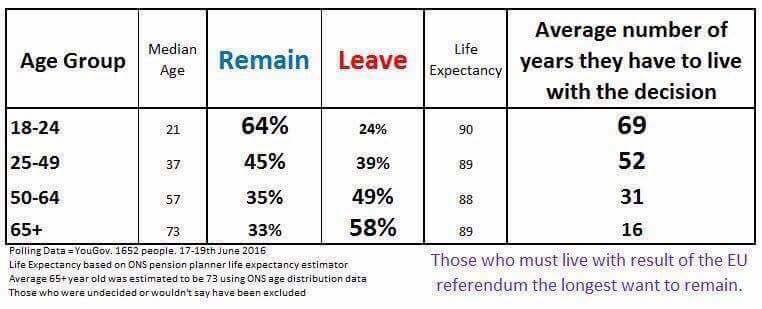Jewish life in Britain is vibrant,
flourishing, and unashamedly public. We have our own book festival and food
festival, our own newspapers and magazines. More children go to Jewish schools
than ever before. Jewish youth movements take hundreds of children on summer
camps each year. At Christmas each year, hundreds of Jews go to a conference,
Limmud, to discuss and celebrate Jewish life. As the Jewish Policy Research
(JPR) concluded after conducting a survey on anti-Semitism:
“…compared with
other Jewish populations in Europe, Jews in the United Kingdom generally
experience less anti-Semitism and are less worried about it. There is evidence
to indicate that most British Jews feel fully integrated into British society,
and that discrimination against Jews is largely a thing of the past”
The JPRs findings were published in July.
Yet now a survey by the Campaign for Anti-Semitism (CAA) – a grassroots
organisation of activists – claims that over half of British Jews see no future
in the UK. And this finding has been making headlines.
It seems too bad to be true – and that’s probably
because it isn’t true.
How can it be that the CAA’s findings
deviate so drastically from the findings of the JPR report? The JPR survey of
anti-Semitism was conducted by experts in their field and subjected to careful
statistical testing, all of which is detailed in their report. In contrast, the
CAA survey of anti-Semitism was not, and it shows.
In fact the CAA’s survey had two parts. The
first, in conjunction with Yougov, examined non-Jewish attitudes towards Jews
in Britain. That part wasn’t too bad, although I’d take issue with a couple of
things. For example, according to that survey, not wanting a family member to
marry a Jew is anti-Semitic. But that logic would surely cast as racist any Jew who
opposes a family member marrying out – something I suspect many British Jews
feel.
The second CAA survey, of UK Jews
perceptions of anti-Semitism, was deeply flawed. Firstly, it fell foul of
selection bias, where the method of selecting respondents biases the ultimate
findings. I completed the survey after finding it on the CAA's facebook page – and I
suspect many other people will have found it in similar ways. People who are
looking on websites about anti-Semitism are clearly going to be more likely to
consider anti-Semitism to be a big issue, thereby distorting the results.
Secondly, the survey asked questions that
were laden with assumptions and extremely leading. For example, ‘Media bias
against Israel fuels persecution of Jews in Britain’ – a question that presupposes
the existence of anti-Israel bias.
Finally, the report shows no record of
which respondents said what. Is there a difference in the responses of
respondents depending on how they learnt of the report? Without more data about
the backgrounds of the respondents, it’s very difficult to properly analyse the
results.
Most problematic, in my view, is the odious
suggestion that the current experience of anti-Semitism in Britain ‘has echoes
of the 1930s’. According to CAA, that’s what over half of UK Jews think.
Really? Is our community really that lacking in perspective? 1930s anti-Semitism was state sponsored and quotidian. Modern anti-Semitism
is challenged by the state and – as evidenced by the JPR’s data on how
frequently people actually experience anti-Semitism – is thankfully rare.
The authors of the CAA survey report purport to convey a community living in fear. But through the hyperbolic headlines they have prompted they are guilty of contributing towards the very climate of fear about which they claim to be so concerned.


